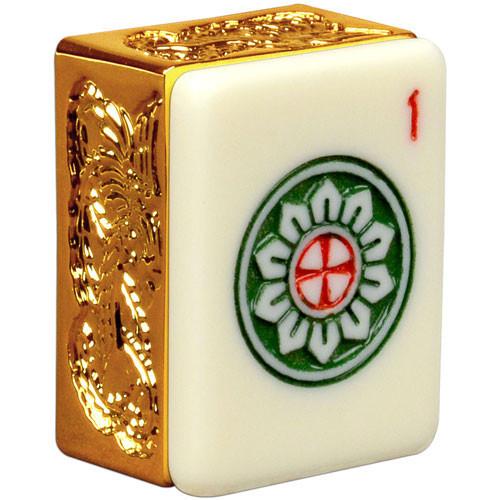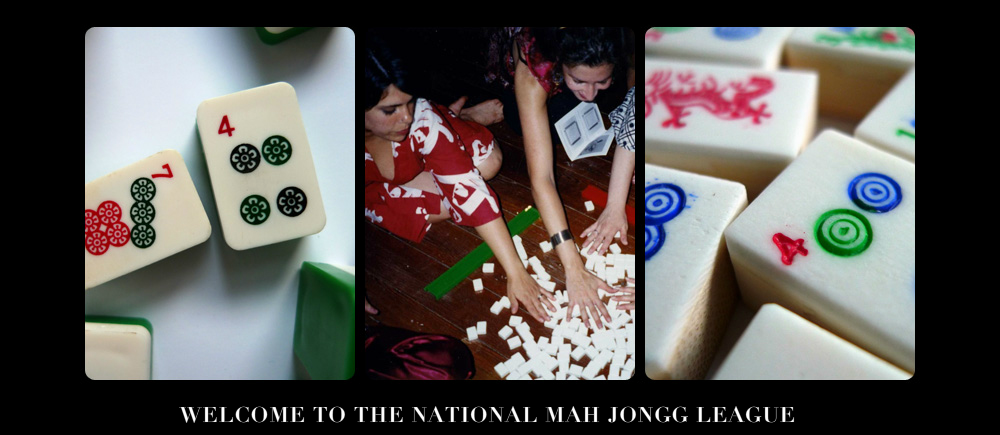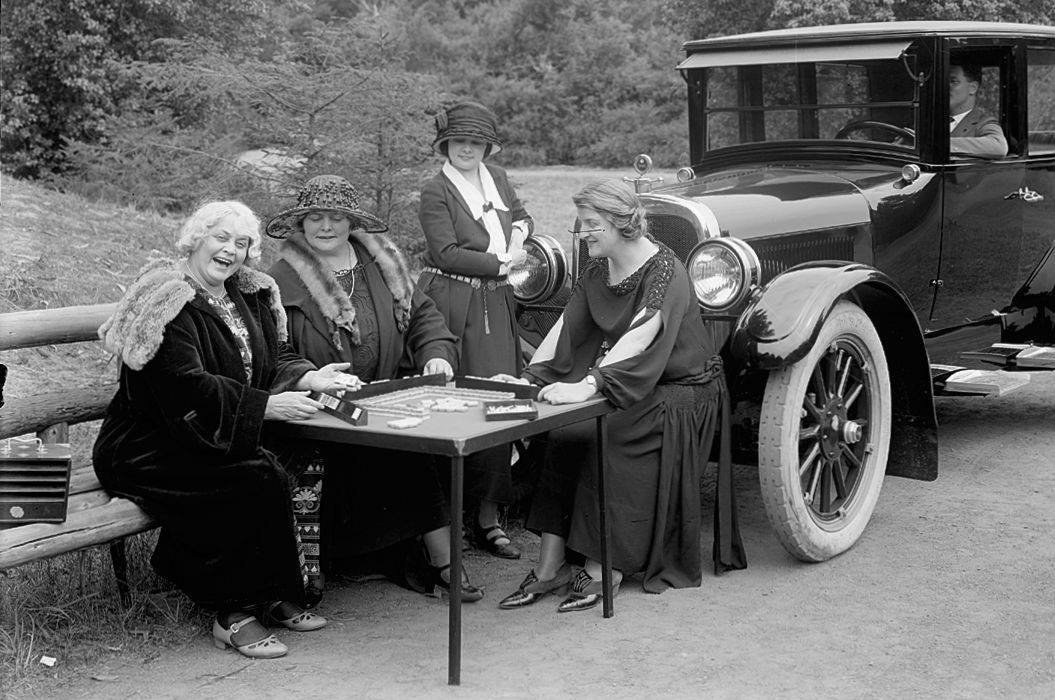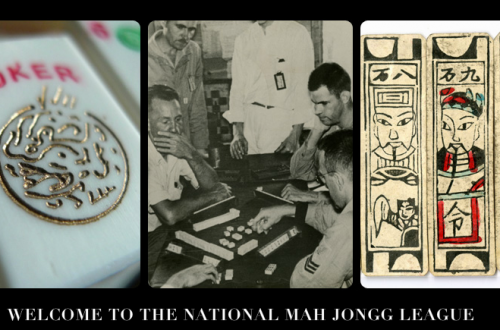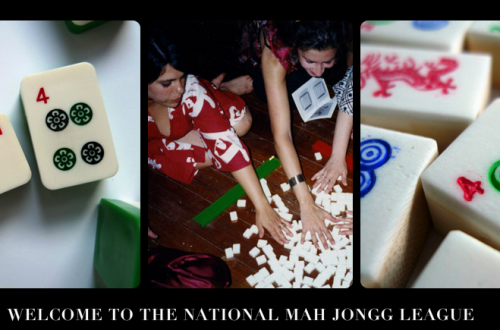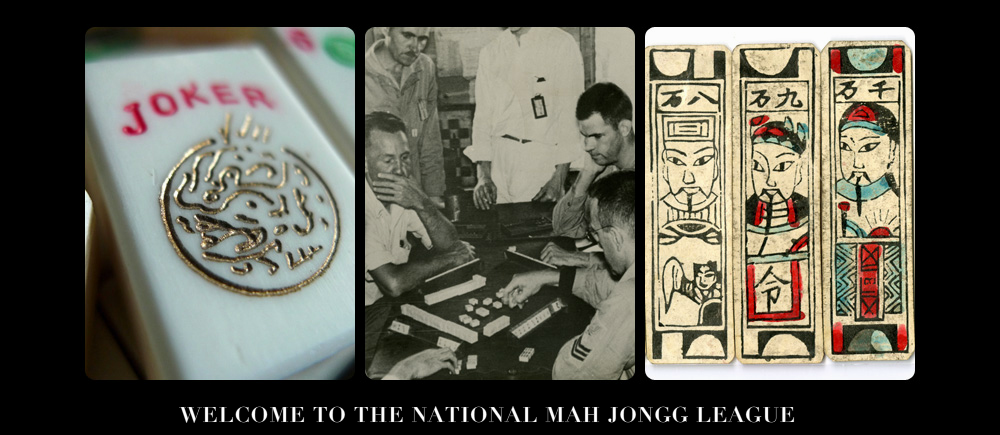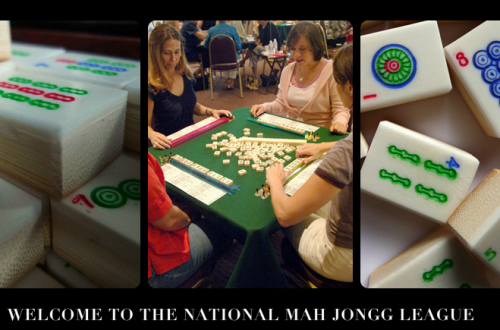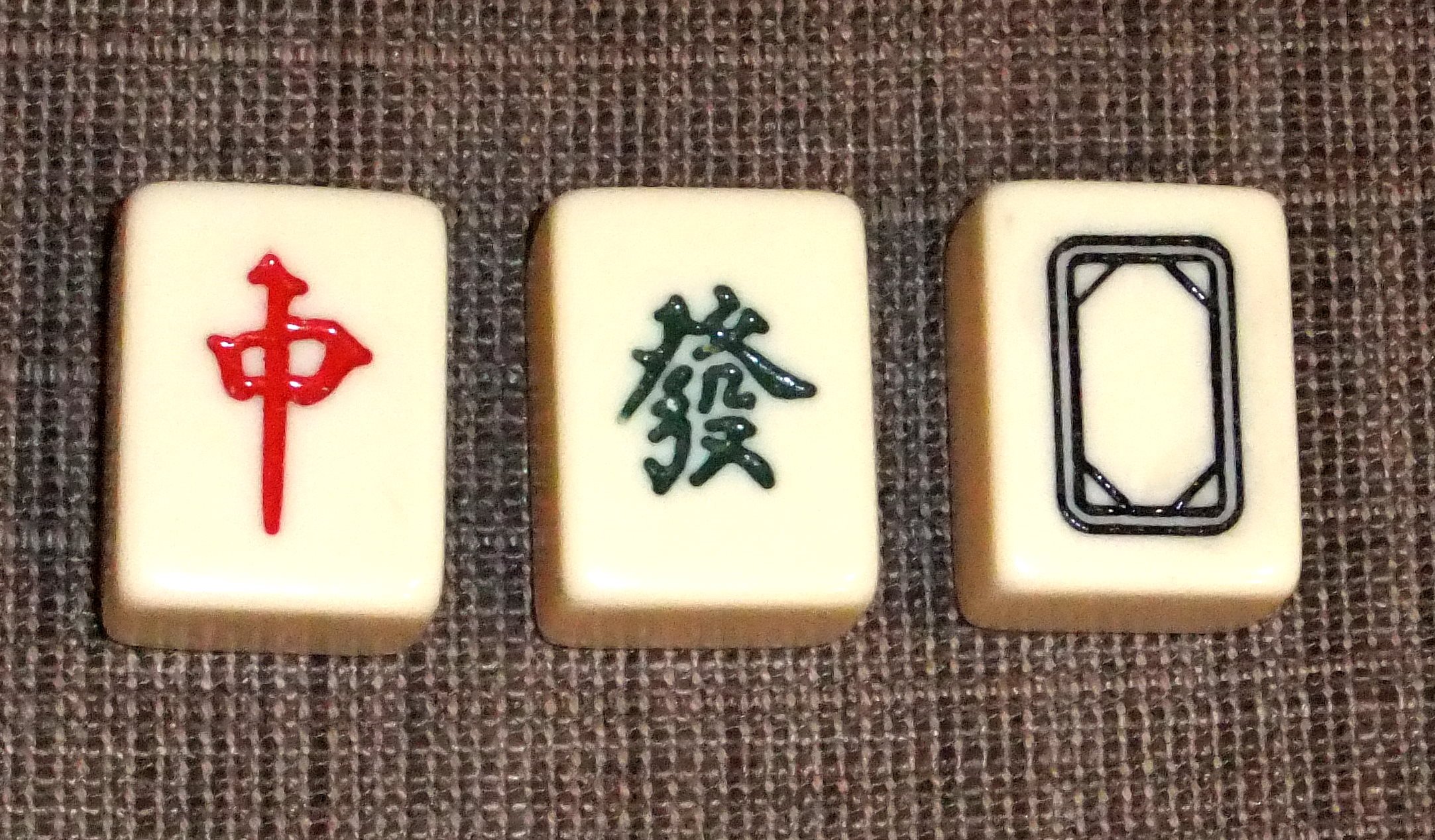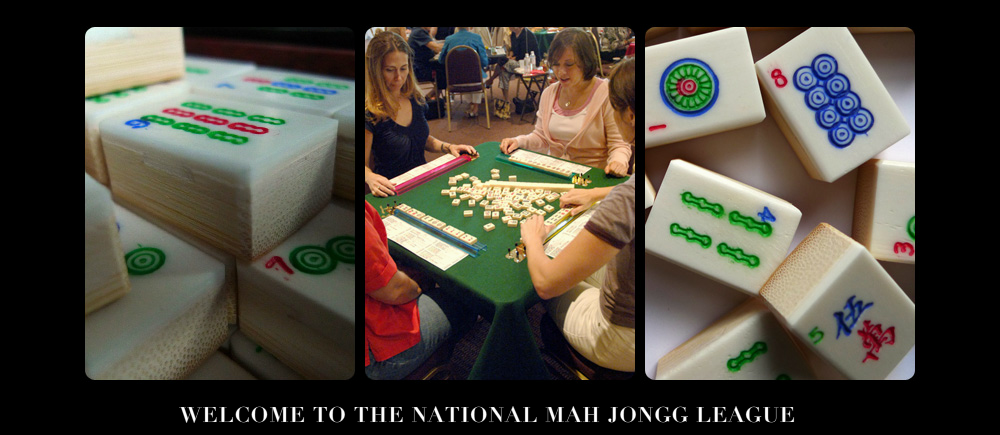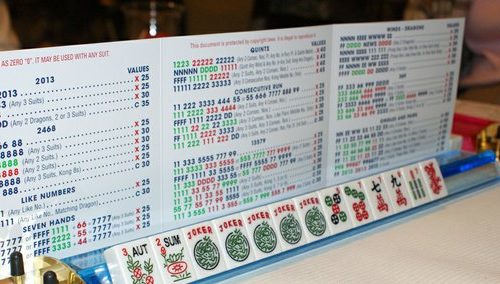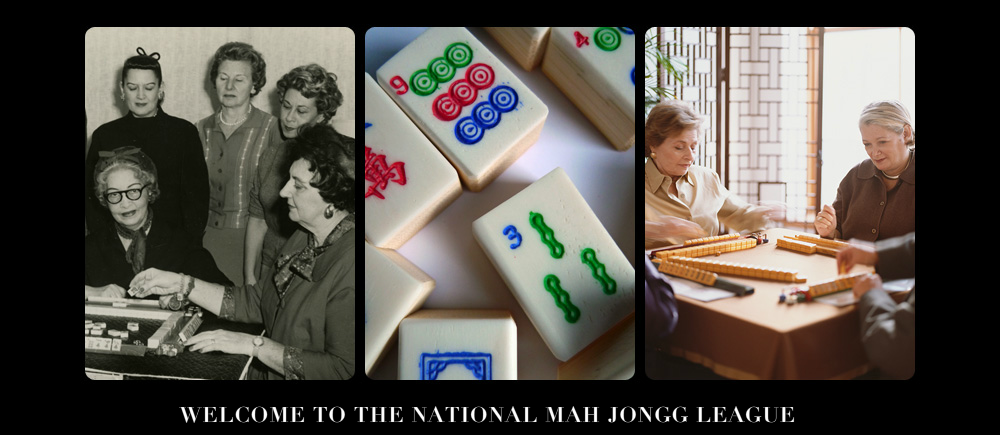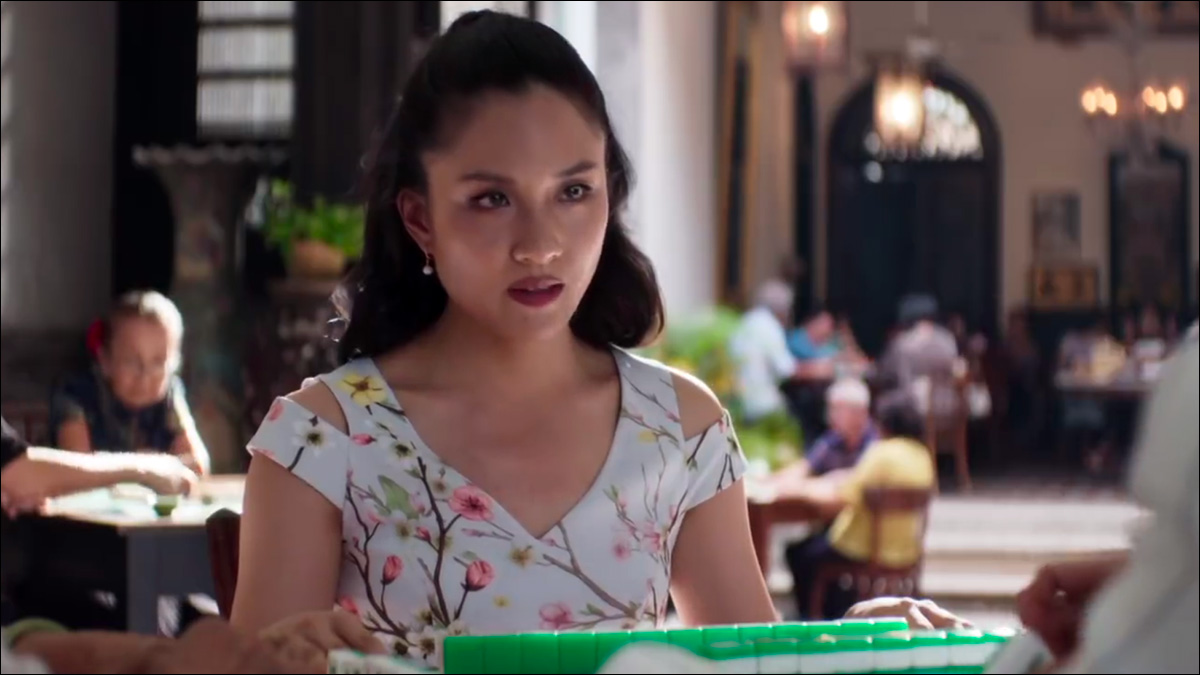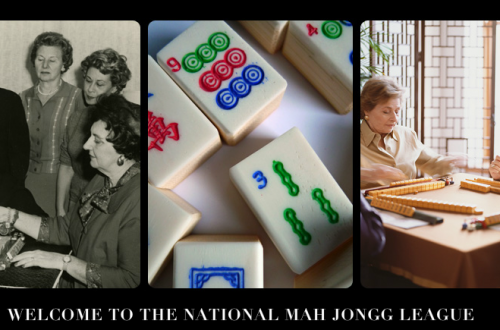Rules
-
Mahjong 101: Picking a Hand
The most difficult aspect of modern American of Mahjong is to determine which hand to aim for. While you may have many tiles that belong in one category, a player may be missing a whole family, or a pair of tiles that may prove difficult to obtain. Next to each hand is a number, which tells how much the hand is worth. The harder the hand, the more it is worth. A hand with a value of 25 is usually easier to work out than a hand with a value of 50. Back to Mahjong 101: The Rules
-
Mahjong 101: Reading the Card
Mahjong cards are printed in three colors; red, blue and green. If a hand is printed entirely in one color, it means that all tiles in that hand are to be from ONE SUIT. Similarly, if a hand is printed in two colors, the tiles are to be selected from TWO DIFFERENT SUITS; and three colors, THREE DIFFERENT SUITS. For example, in consecutive runs, a hand may read: 11 222 3333 444 55, in all one color. In order to make Mahjong, you must have all the above tiles, in the above order in one suit only. In other words, if you are using Dots, you must have two one dots, three two dots, four three dots, etc. Another…
-
Mahjong 101: The Hands
The Mahjong Card is organized in categories but each year the specific hands are changed. They main categories of hands are: YEAR – Year hands or other special hands are usually the current year.These hands utilize tiles which make up the year: i.e., 1’s and 9’s.for 1999, 2’s and 0’s for 2000. The white dragon represents a zero, as there is no tile with an actual zero.You cannot use a joker for any tile in a year; i.e., 2009. They are considered singles and pairs. 2468 – Self-explanatory. Hands concentrate on even numbers. MULTIPLICATION – These hands perform a type of multiplication, such as FFFF 5555 x 5555 = 25 . You would need four flowers, four…
-
Mahjong 101: The Play
After the optional last across pass, East discards a tile from her rack, placing it face up on the table and naming it out loud. The player to East’s right then picks a fresh tile from the wall, looks at it, and decides whether or not she wants to keep it. If she keeps it, she places it in her rack and then discards a tile. If she does not want it, she places it face up on the table and names it. The play continues in turn, with each player picking and then discarding. When a wall is exhausted, the wall to the left gets pushed out. The last wall to be played…
-
Mahjong 101: Passing aka “The Charleston”
Each player puts her tiles on her rack, facing her but concealed from the other players. The player then organizes her tiles in groups and pairs according to the categories on the card. Three unwanted tiles are picked for passing. The passing is organized into two “Charlestons,” as follows: First Charleston (compulsory):Each player gives 3 tiles to the player on her RIGHT; thenEach player gives 3 tiles to the player ACROSS from her; thenEach player gives 3 tiles to the player on her LEFT. At the end of the first Charleston, any player may decide to halt the passing and proceed to the final Optional pass. Second Charleston ( compulsory ): If no one…

